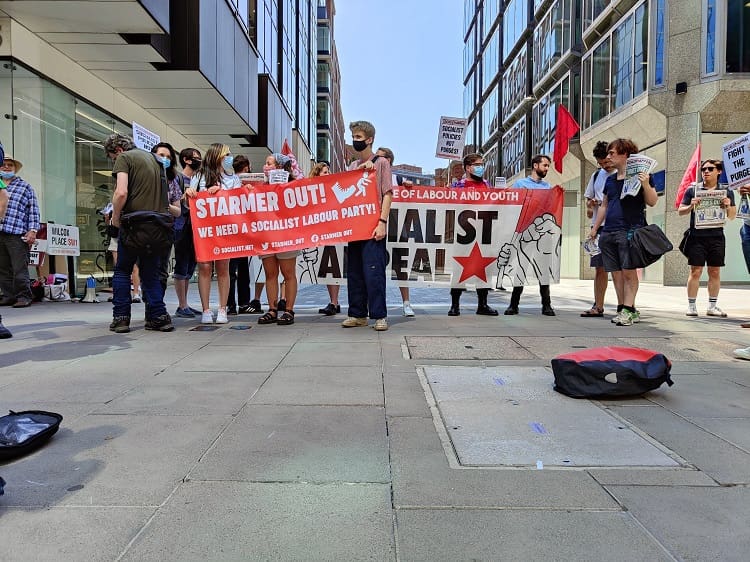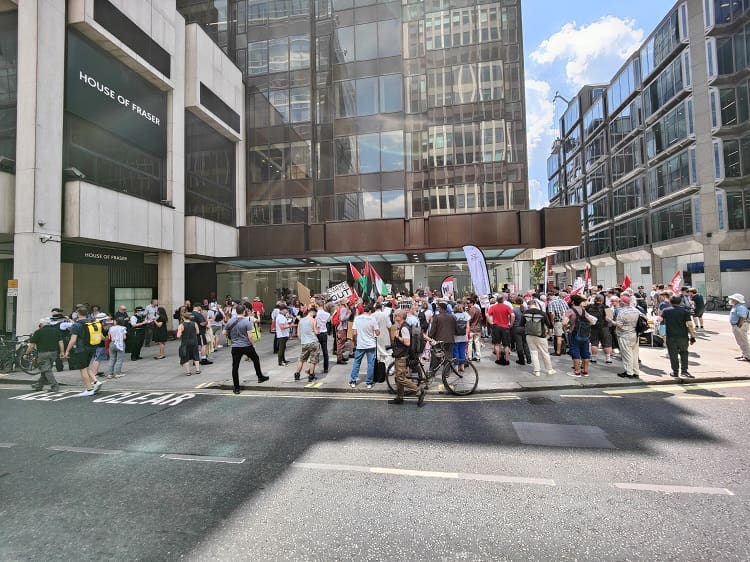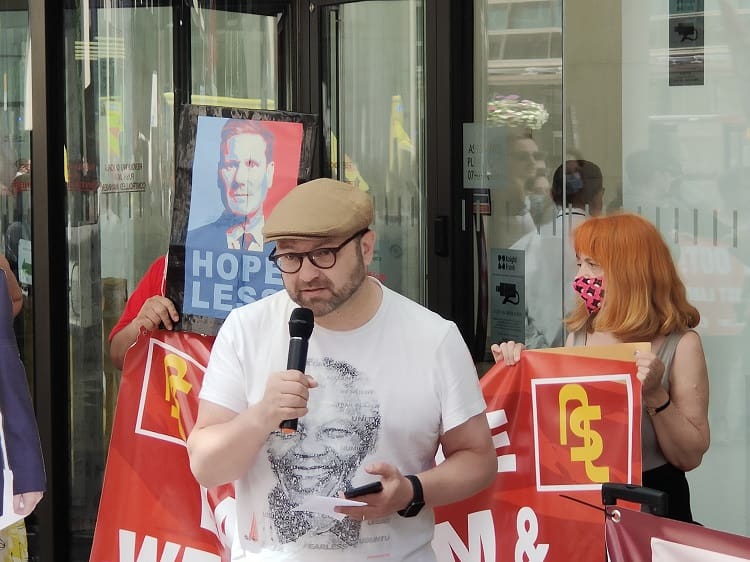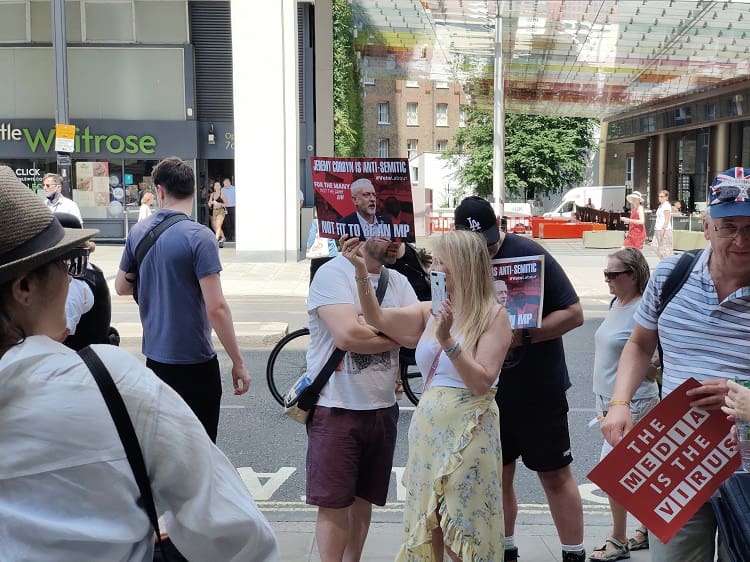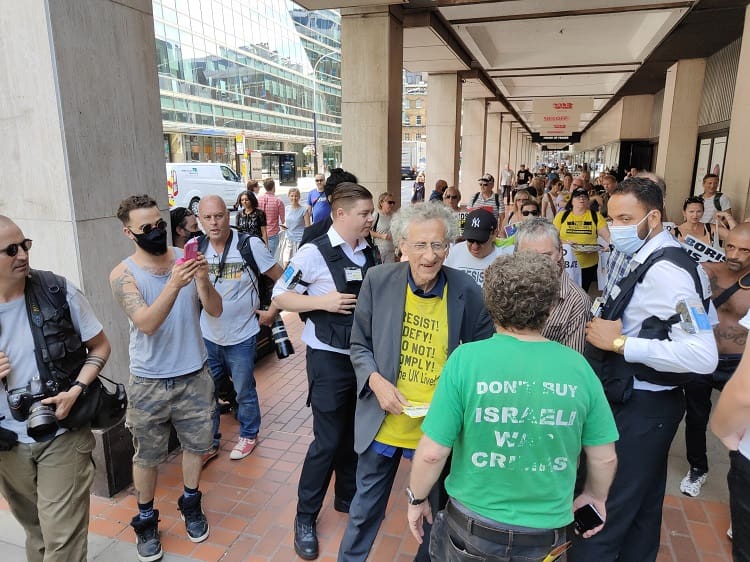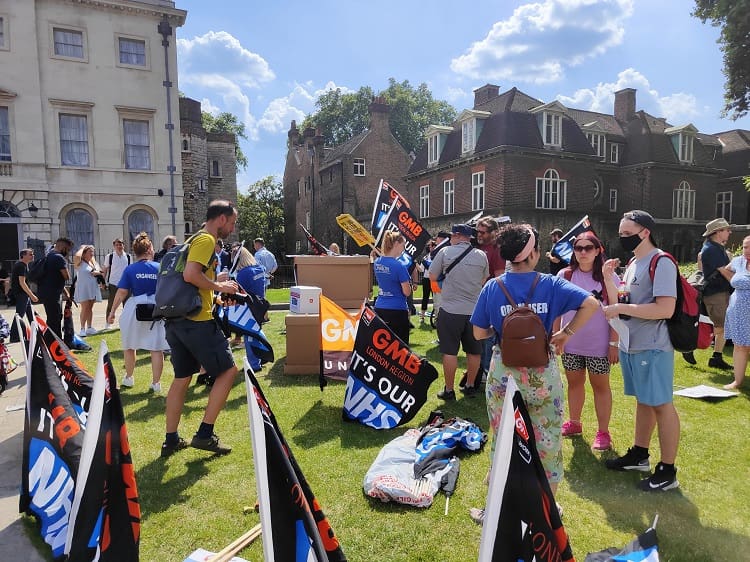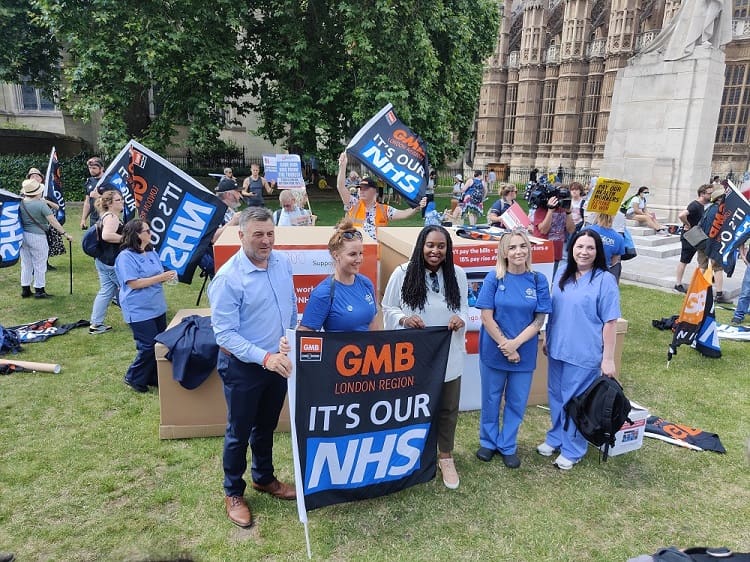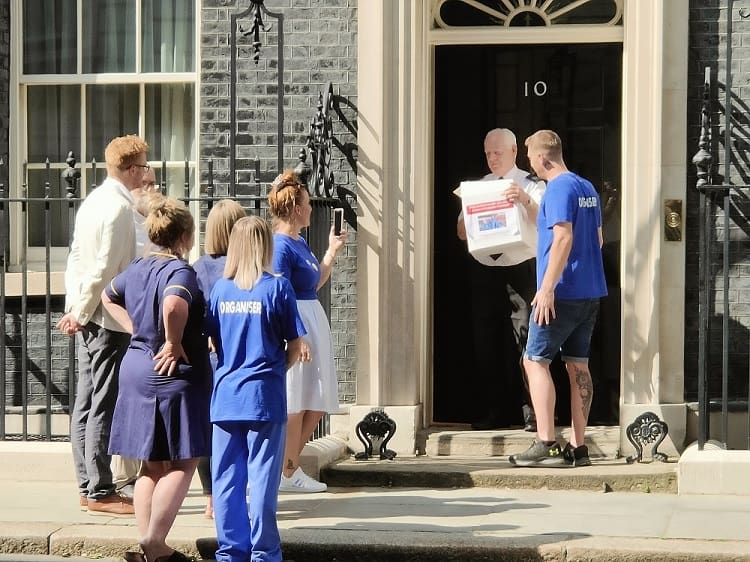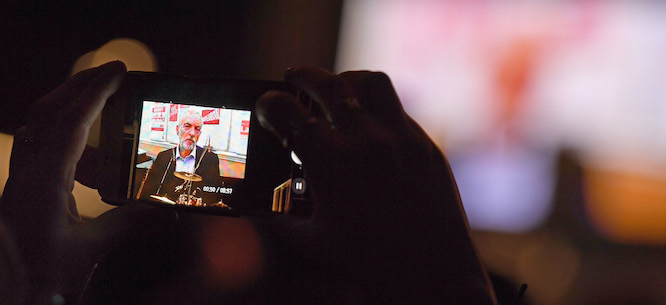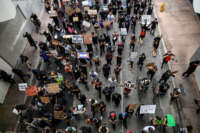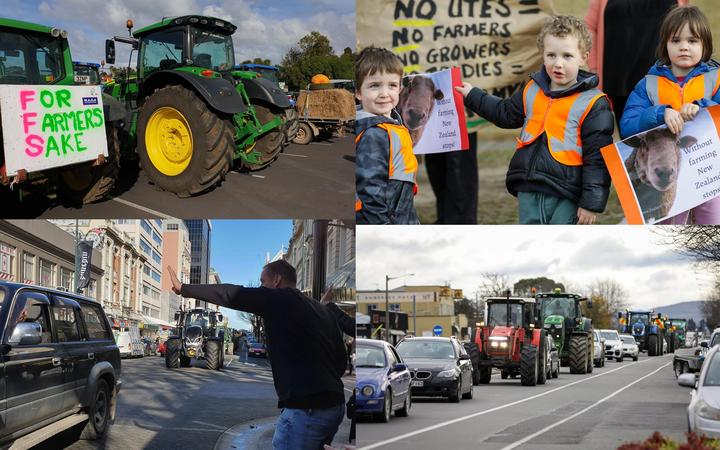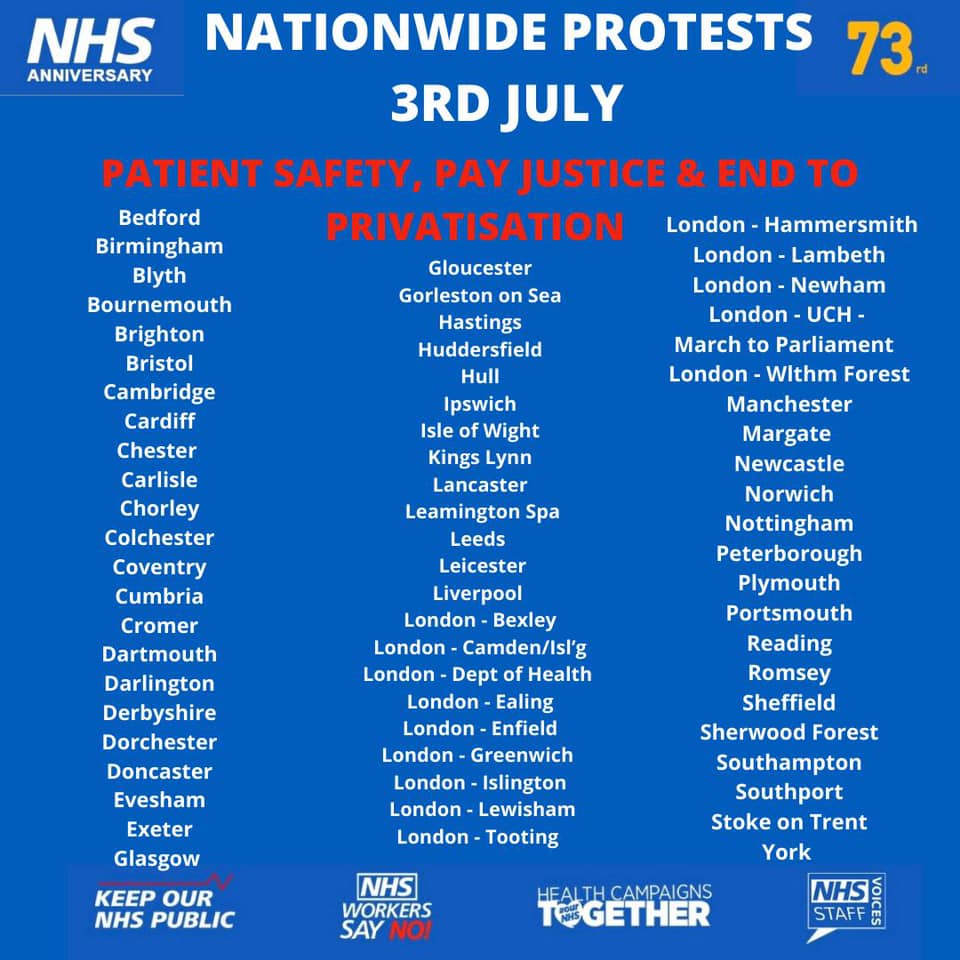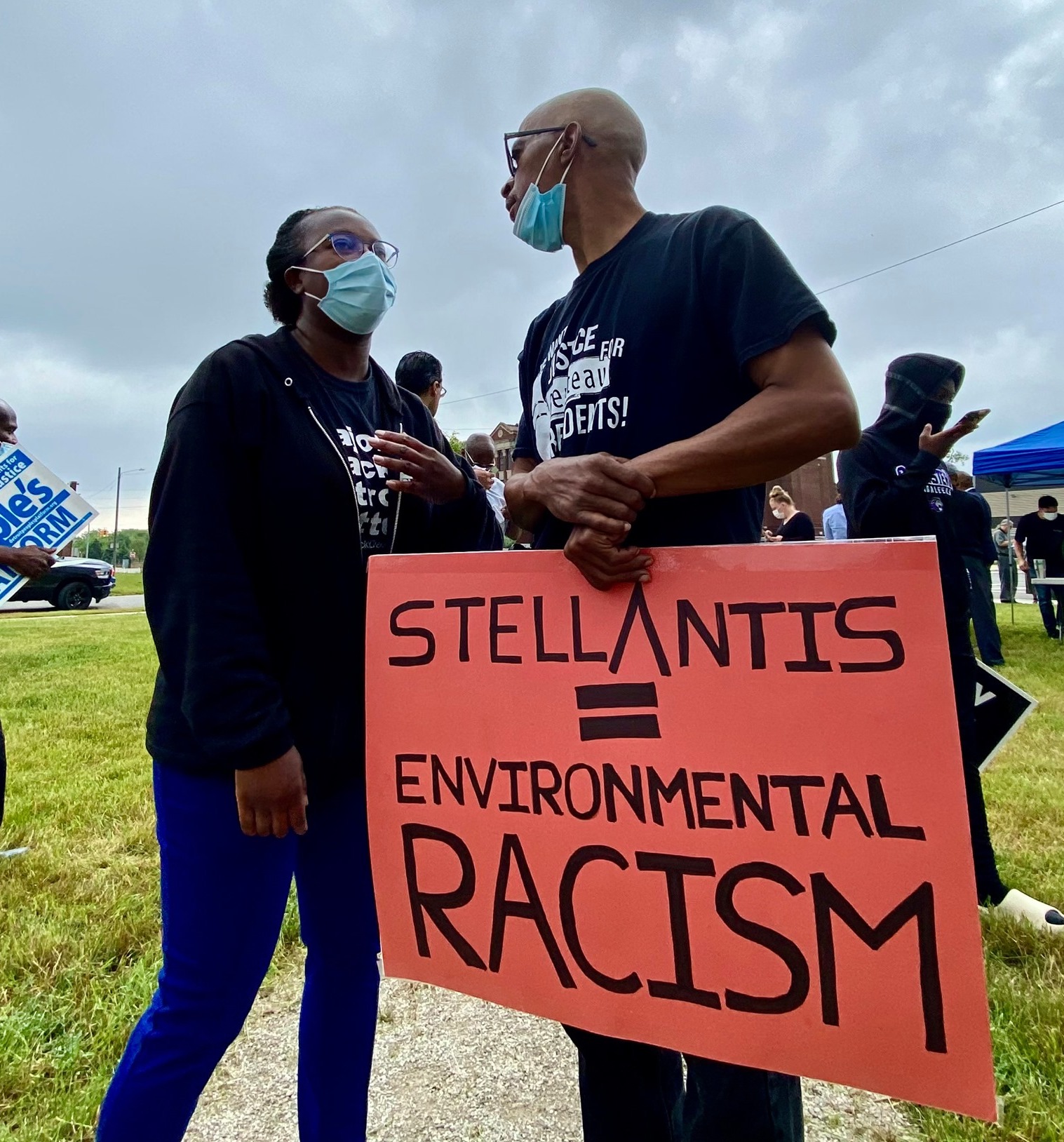On Friday 30 July, five Kill the Bill protesters were collectively sentenced to over 14 years in jail. Four people pleaded guilty to riot in relation to protests in Bristol on 21 March. They received sentences ranging from 3 years and 3 months to 3 years and 11 months. One person pleaded guilty to public indecency and was sentenced to five months.
In response, Bristol Anarchist Black Cross (ABC) and Bristol Defendant Solidarity (BDS) have issued a joint statement. It sets out exactly why we all need to act in solidarity with those imprisoned and those still facing charges.
to make clear that we support those who have been sentenced today, and that we are proud of them for fighting back. We need to be ready to defend ourselves against the police, and stand with those facing repression and criminalisation.
The bill
On 21 March, people in Bristol took to the streets to protest the Police Crime and Sentencing Bill. ABC/BDS describe it as:
a bill which aims to give the police even more power to repress political dissent, and which will destroy the ways of life of Gypsy, Roma and Traveller Communities in the UK. Those who have been struggling against the Bill across the UK are resisting the expanding imbalance of power between the state and the people, and against the further criminalisation of one of the UK’s most marginalised communities.
This oppressive piece of legislation will give the police unprecedented draconian powers to arrest protesters. Moreover, it will criminalise trespass – effectively outlawing the lives of the UK’s Gypsy, Roma and Traveller communities.
And as ABC/BDS explain:
The Policing Bill aims to further criminalise those who defend themselves against police violence, doubling the maximum prison sentence for assaulting a police officer, while the police are able to use violence and even kill with impunity. Sentences for damaging ‘national monuments’ such as statues of slave traders will be increased to a maximum 10 year prison sentence.
The Bill also aims to massively increase the number of people in prison in the UK. At the moment, most people are released from prison after they have served half their sentence. If the Bill is passed some defendants will have to serve two-thirds, and courts will have more powers to impose long sentences against those under the age of 18. These measures to lock up more people go hand in hand with state plans to employ 20,000 more police, to build six new mega prisons and 18,000 more prison places in the UK.
The siege of Bridewell
On 21 March, the protests were peaceful until the police started attacking the crowd. The Canary‘s Sophia Purdy-Moore reported:
I saw police in riot gear hitting protesters round the head with batons. I did also see people at the front throwing bottles at police, but the response seemed disproportionate. The power imbalance felt completely off. At one point it looked as though their horses were going to charge into the crowd of peaceful protesters. The atmosphere was horrendous. There was a real sense of unpredictability and danger in the air after what had been an uplifting day. This all happened while there were still hundreds of people in the crowd (including children), many sitting down shouting: “this is a peaceful protest” in an attempt to de-escalate the situation. It soon became clear that the police were not going to listen. I’m not sure what response they expected.
People are sick and tired of the police acting with impunity. This is what happens when the state refuses to listen to our demands for justice.
And as the ABC/BDS statement sets out:
What happened on 21st March was an outpouring of rage against the violence of the police. The crowd fought back after police officers attacked the crowd with batons and riot shields. Pepper spray was used indiscriminately, people were charged with police horses. The protesters fought back, seizing police riot shields, helmets and batons to defend themselves. By the end of the evening several police vehicles had been set on fire.
The statement also highlights the context of what happened:
The clash with the police on 21 March happened in the context of rising anger and action against the British police’s racist, classist and misogynist violence, and a government response to the coronavirus pandemic which left the UK one of the worst hit countries. The brunt of the Covid-19 crisis has been felt by working people and those seen as disposable by the government.
‘You dehumanised them’
Sentencing the defendants to a total of over 14 years in prison, the judge asserted that the police:
are all public servants, they are all human beings, what you did dehumanised them.
This reflects the language that Priti Patel used at the time of the unrest, as ABC points out:
Those who defended themselves against the police have been branded ‘thugs’ and ‘wild animals’ by both Priti Patel and the police spokesperson. The police have been out for revenge for what happened at Bridewell ever since. That revenge has come in the form of the brutality used against the Kill the Bill protests in Bristol on March 23rd and 26th. And in the use of riot charges – the most serious public order charge available in English law punishable by a maximum of ten years in prison – against those who fought back on March 21st.
But it wasn’t those protesting on the streets of Bristol who were guilty of dehumanisation – it was the police. They attacked people indiscriminately. They didn’t care about the humanity of the people they battered. During protests that took place in Bristol between 21 and 26 March, the police injured at least 62 protesters. Meanwhile, the police lied about injured officers. And they were forced to retract claims made in a press release that officers had suffered broken bones.
“They only call it violence when we fight back”
Undoubtedly, the issues go deeper than this. This isn’t just about the policing of that night or policing of protests. It’s the policing that Communities of Colour and working class communities face on a daily basis. As the ABC/BDS statement says:
Yet the police’s racist violence continues unabated. This year two Black men – Mohamud Hassan and Mouayed Bashir – both died after being detained in police custody in Cardiff and Newport. This is nothing new, there have been 1792 deaths in police custody or following contact with the police in the UK since 1990. And in Bristol, if you’re Black you are seven times more likely to be stopped and searched by the police.
As ABC highlights:
Communities across the UK face violence at the hands of the police every day, but they only call it violence when we fight back!
No ifs, no buts. Our solidarity must be absolute.
These cases are just the beginning. Over 75 people have been arrested, and 28 of them have been charged. In addition to the five people who on 31 July woke up to their first weekend in prison, a further two people are already on remand. Over the coming year, more and more people are going to be facing trials and potentially long prison sentences following the events of that night.
There are ways to support those in prison or facing prison. ABC has a crowdfunder to raise money to support prisoners and their friends and families. People can also write to those who’ve been incarcerated.
Our solidarity with defendants must be absolute. There are no good defendants and bad defendants. There are only people targeted by the state for daring to say enough is enough and standing up against police brutality.
We should all be proud of those who fought back against the police.
Featured image via Shoal Collective
By Emily Apple
This post was originally published on The Canary.


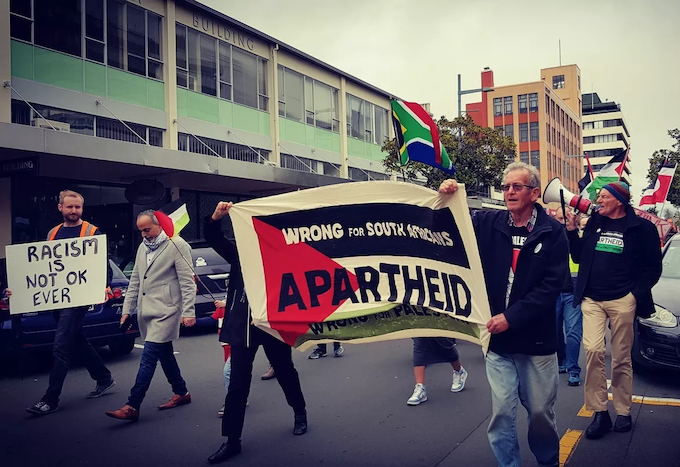
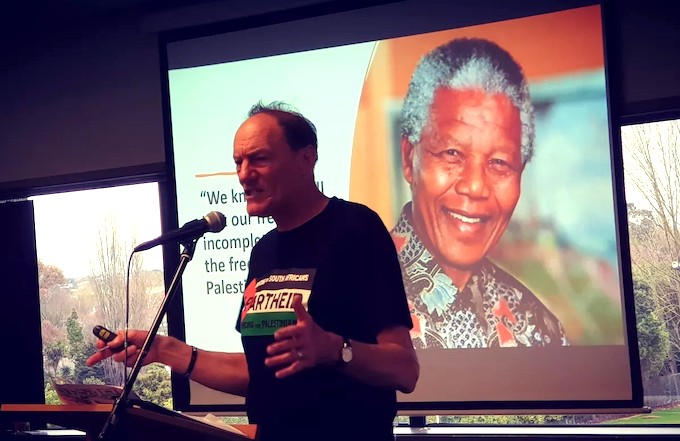
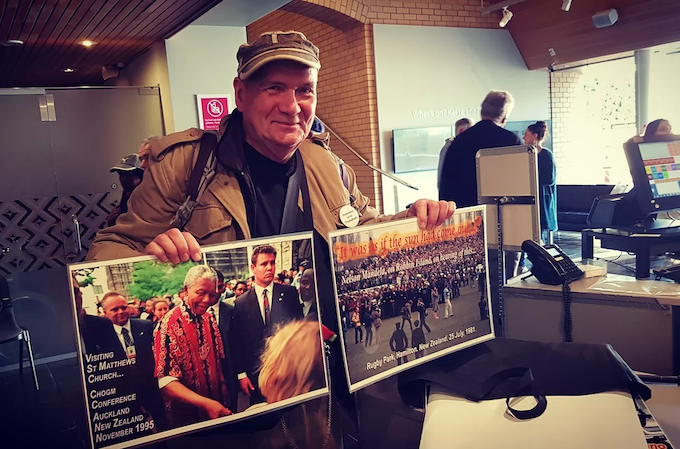

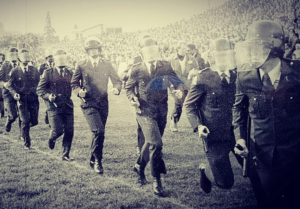

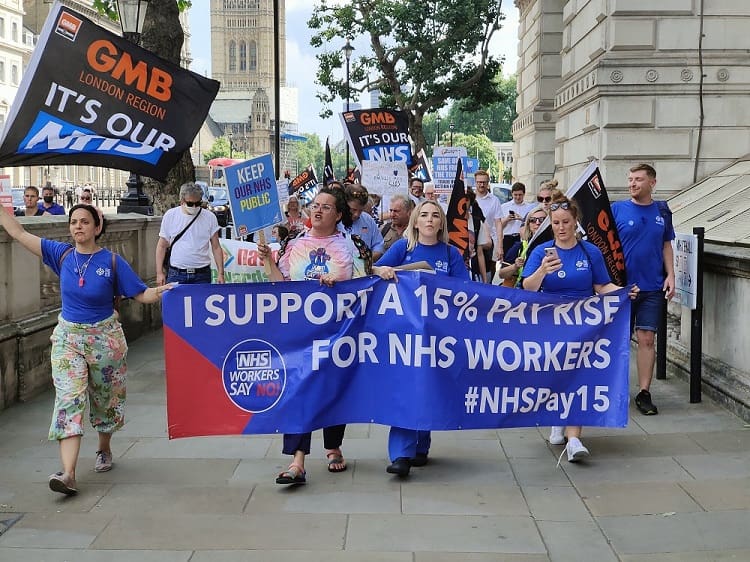

 LONDON PROTEST FRIDAY
LONDON PROTEST FRIDAY  (@NurseSayNO)
(@NurseSayNO) 
 Ex-MEP (@catherinerowett)
Ex-MEP (@catherinerowett)  NHS staff have suffered real terms pay **cuts** of up to 30% since 2010.
NHS staff have suffered real terms pay **cuts** of up to 30% since 2010. The NHS faces a staffing crisis of 84,000 vacancies.
The NHS faces a staffing crisis of 84,000 vacancies. and support the workers fight for Pay Justice!
and support the workers fight for Pay Justice!  (@OwenJones84)
(@OwenJones84) 
 (@mj_hull)
(@mj_hull) 